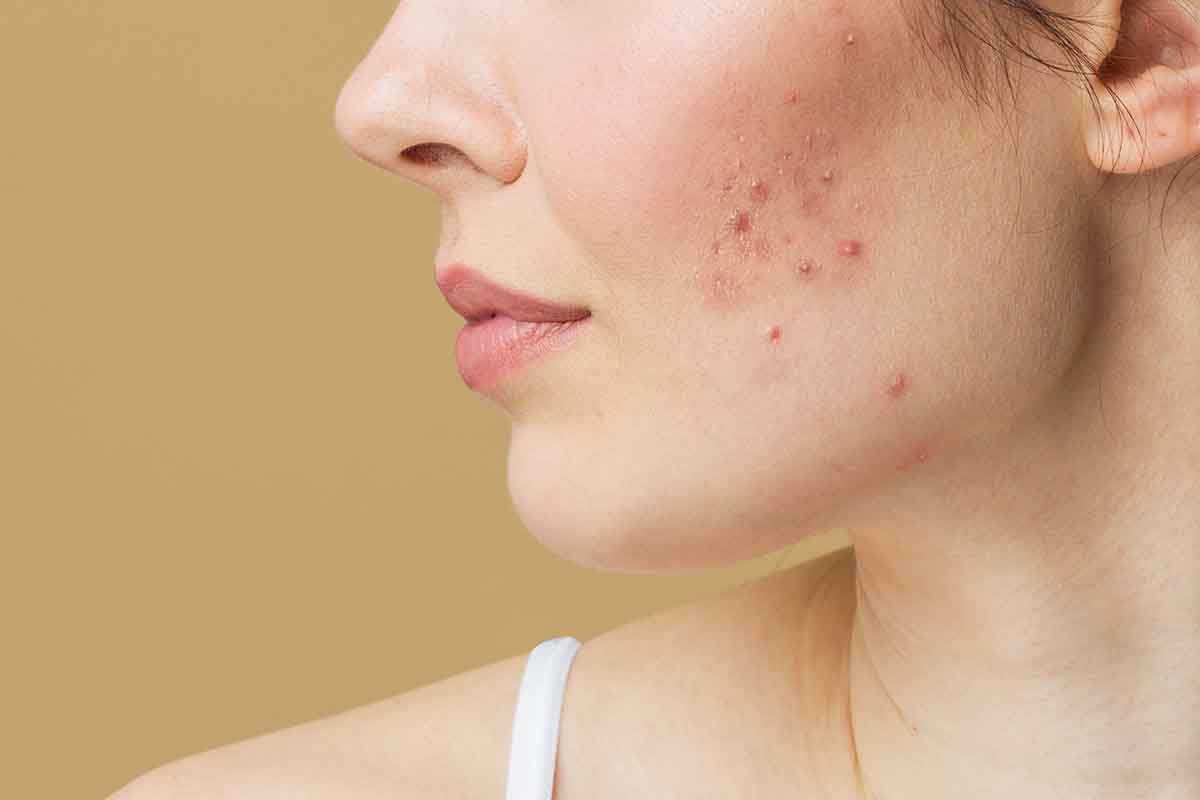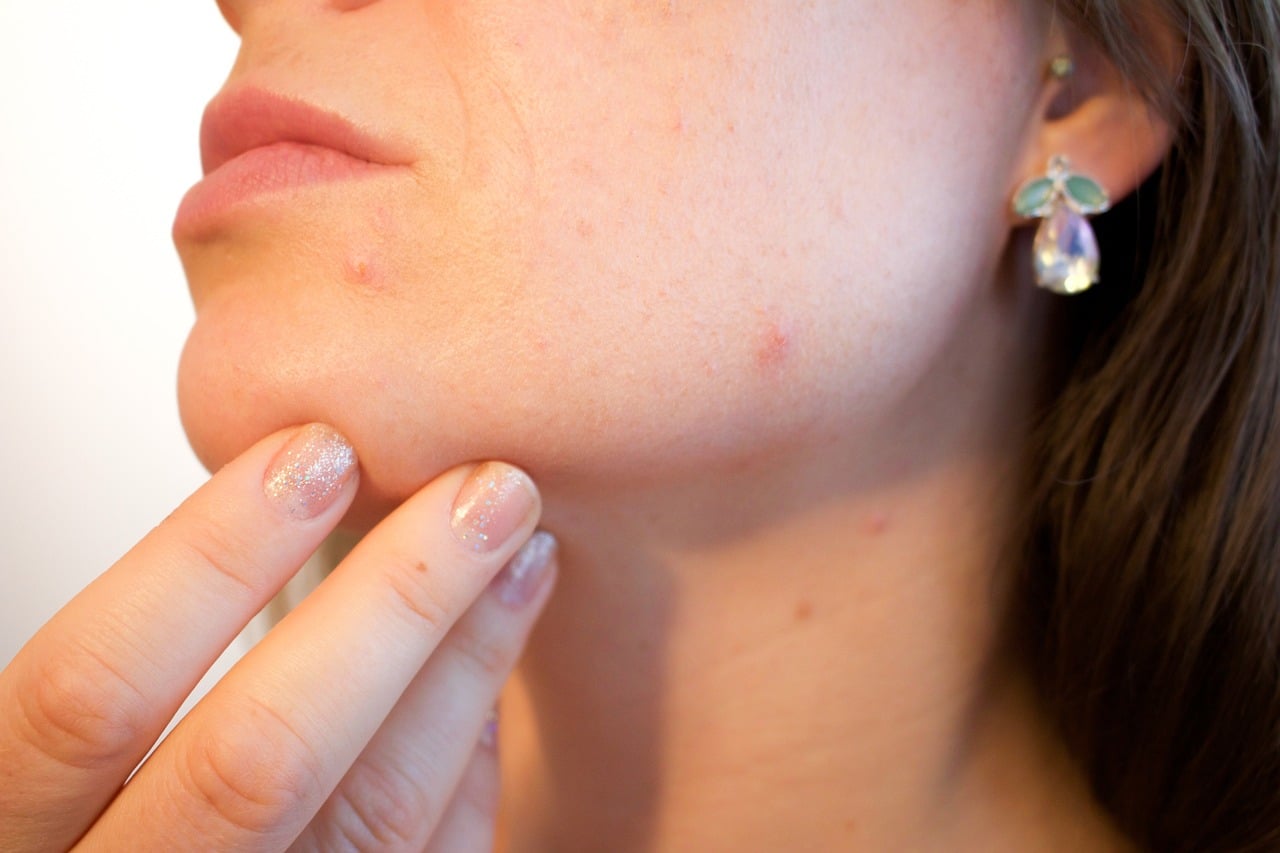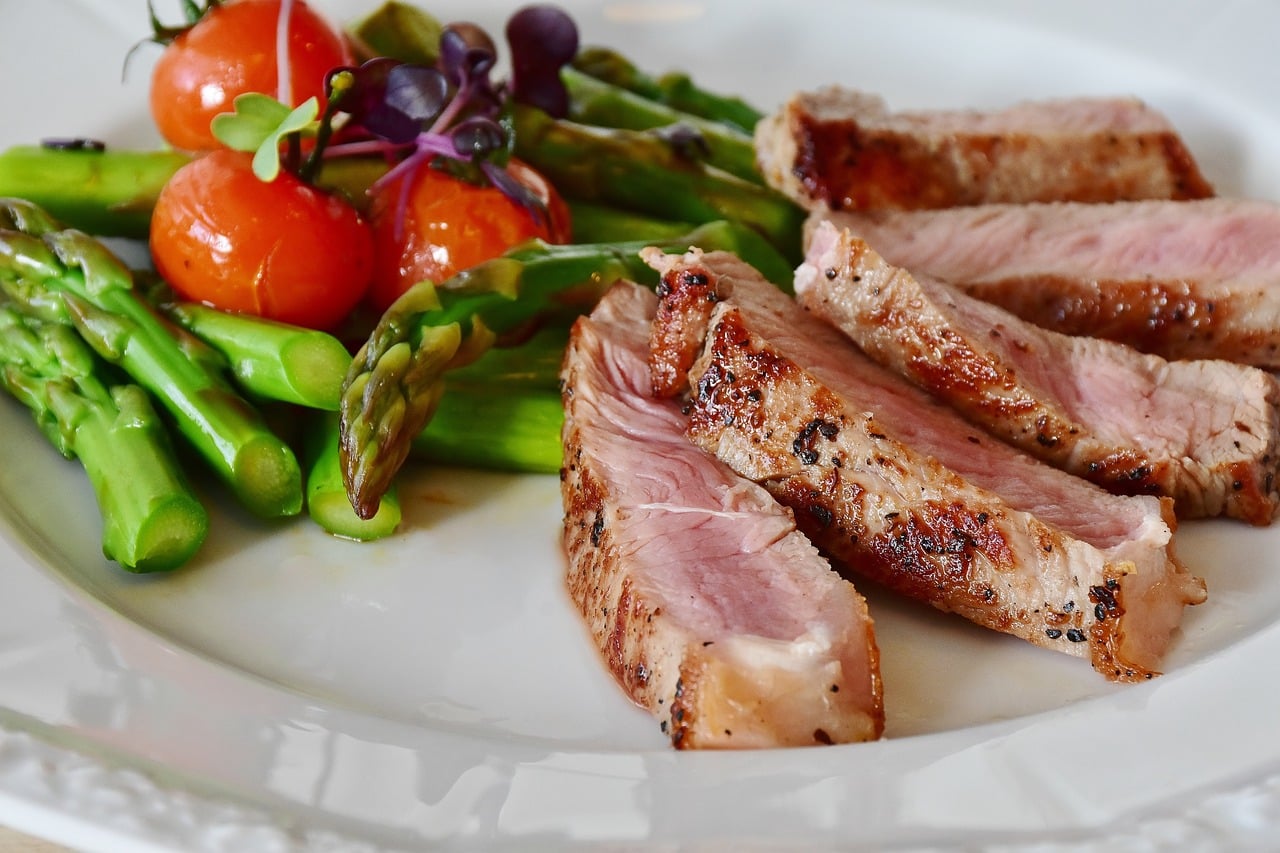
Acne. It’s that unwelcome guest that seems to pop up at the most inconvenient times, like right before a big date or an important presentation. But what exactly is acne, and why does it happen? In this guide, we’ll delve into the nitty-gritty of acne, exploring its common causes, triggers, and the various types that can wreak havoc on our skin. And don’t forget; there is acne treatment available!
What is Acne?
Let’s start with the basics. Acne is a skin condition that occurs when hair follicles become clogged with oil and dead skin cells. This can lead to the formation of pimples, blackheads, whiteheads, and sometimes even cysts or nodules. While acne is most commonly associated with the teenage years, it can affect people of all ages.
Common Causes of Acne
Understanding the root causes of acne is key to effectively managing and treating it. Here are some of the most common factors that can contribute to the development of acne:
1. Excess Oil Production: When the sebaceous glands in our skin produce too much oil, it can clog pores and lead to acne breakouts.
2. Clogged Pores: Dead skin cells can accumulate on the surface of the skin, mixing with oil and creating the perfect breeding ground for acne-causing bacteria.
3. Hormonal Changes: Fluctuations in hormone levels, particularly during puberty, menstruation, pregnancy, and menopause, can trigger acne breakouts.
4. Genetics: If your parents struggled with acne, there’s a good chance you might too. Genetics can play a significant role in predisposing individuals to acne.
5. Diet: While the link between diet and acne is still somewhat debated, some studies suggest that consuming certain foods, such as dairy or high-glycemic foods, may exacerbate acne symptoms in some individuals.
6. Stress: Stress doesn’t just take a toll on our mental health—it can also wreak havoc on our skin. High stress levels can trigger inflammation in the body, leading to acne flare-ups.

Triggers of Acne
In addition to the underlying causes, there are certain triggers that can exacerbate existing acne or increase the likelihood of breakouts. Here are some common acne triggers to be aware of:
● Poor Skincare Habits: Using harsh or comedogenic skincare products can strip the skin of its natural oils and worsen acne.
● Excessive Scrubbing: While it might be tempting to scrub away those pesky pimples, aggressive scrubbing can actually irritate the skin and worsen acne.
● Not Removing Makeup: Sleeping with makeup on can clog pores and lead to breakouts. Always remember to remove your makeup before hitting the sheets.
● Picking or Popping Pimples: As satisfying as it may be in the moment, picking or popping pimples can cause inflammation and scarring, making acne worse in the long run.
● Environmental Factors: Exposure to pollutants, humidity, and other environmental factors can contribute to acne flare-ups.
● Medications: Certain medications, such as corticosteroids, contraceptives, and anticonvulsants, can trigger acne as a side effect.

Types of Acne
Acne isn’t a one-size-fits-all condition—there are several different types, each with its own characteristics and treatment approaches. Here’s a rundown of the most common types of acne:
Whiteheads: These small, flesh-colored bumps occur when pores become clogged with oil and dead skin cells, trapping bacteria beneath the surface of the skin.
Blackheads: Similar to whiteheads, blackheads are also caused by clogged pores. However, in the case of blackheads, the pore remains open, allowing the trapped oil to oxidize and turn black.
Papules: Papules are small, red bumps that occur when the hair follicles become inflamed due to excess oil and bacteria. They may be tender to the touch but do not contain pus.
Pustules: Pustules are similar to papules but contain pus at their tips, giving them a white or yellow appearance. They can be painful and may rupture if squeezed.
Nodules: Nodules are large, painful bumps that occur deep within the skin. They result from the buildup of bacteria, oil, and dead skin cells and can persist for weeks or even months.
Cysts: Cysts are the most severe form of acne and occur when the inflammation goes deep into the skin, causing painful, pus-filled lesions. They can lead to scarring if not treated properly.

Tips for Managing Acne
While acne can be frustrating, there are steps you can take to manage symptoms and prevent future breakouts. Here are some tips to keep your skin clear and healthy:
1. Establish a Consistent Skincare Routine: Cleanse your skin twice daily with a gentle, non-comedogenic cleanser and follow up with a lightweight, oil-free moisturizer.
2. Use Non-Comedogenic Products: Look for skincare and makeup products labeled as non-comedogenic, meaning they won’t clog pores.
3. Avoid Harsh Scrubs: Opt for gentle exfoliants with smooth, rounded beads to avoid irritating the skin.
4. Keep Your Hands Off Your Face: Touching your face can transfer bacteria and oil from your hands, exacerbating acne. Resist the urge to pick or pop pimples.
5. Stay Hydrated: Drink plenty of water to keep your skin hydrated and help flush out toxins.
6. Eat a Balanced Diet: Focus on whole, nutrient-rich foods like fruits, vegetables, lean proteins, and whole grains, and limit your intake of processed and high-glycemic foods.
7. Manage Stress: Practice stress-reducing techniques such as yoga, meditation, or deep breathing exercises to keep stress levels in check.
Acne is a common skin condition that can affect individuals of all ages and backgrounds. By understanding the underlying causes, triggers, and types of acne, you can take proactive steps to manage symptoms and achieve clearer, healthier skin. Remember, consistency is key when it comes to skincare, so stick to your routine and be patient—the results will come in time.